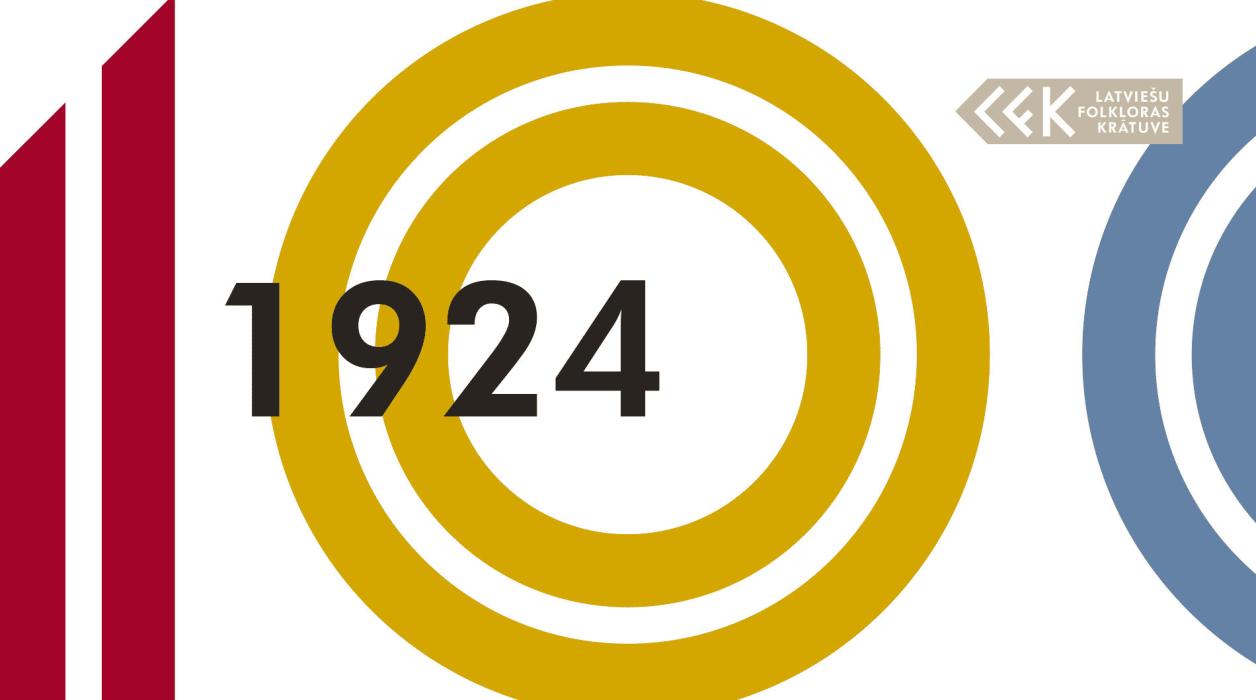Archives of Latvian Folklore Celebrates 100th Anniversary

The Archives of Latvian Folklore (LFK) marks its centenary! Exactly one hundred years ago—on December 2, 1924—the Government Gazette (Valdības Vēstnesis) of the Republic of Latvia published the Regulations on the Archives of Latvian Folklore, which laid the foundation for the need for a centralized archive of oral tradition in Latvia. The archive’s mission was, and remains, to collect, archive, publish, research, and provide access to folklore materials—representing all genres of intangible heritage from all regions of Latvia.
The institution was established under the Monument Board of the Ministry of Education, and its founder was Anna Bērzkalne (1891–1956), a folklorist and Latvian language teacher. The archive was overseen by a board approved by the Ministry. Alongside Bērzkalne, who served as the first director of LFK, the board included:
– Professor Jānis Endzelīns (chair),
– Professor Pēteris Šmits,
– Docent Ludis Bērziņš,
– Docent Jānis Kauliņš.
The Archives of Latvian Folklore is the oldest folklore archive in the Baltic states. (By comparison, the Estonian Folklore Archives in Tartu was founded in 1927, and the Lithuanian Folklore Archive originated in Kaunas in 1935, now based in Vilnius.) With more than three million folklore items, LFK holds one of the largest folklore collections in Europe. The archive includes not only Latvian folklore but also collections in Livonian and minority languages and traditions—such as those of Latvian Germans, Roma, Jews, Russians, Belarusians, and others.
All major folklore genres are represented: folksongs, legends, fairy tales, jokes, beliefs, customs, spells, ballads, games, and more. LFK is also one of the oldest scientific institutions in Latvia and now functions as the oldest and largest department within the Institute of Literature, Folklore and Art of the University of Latvia.
December 2 also marks the 10th anniversary of garamantas.lv, the digital archive of the Archives of Latvian Folklore. Over the past decade, this open-access digital resource has grown significantly. The digitization of historical manuscripts is now complete, and invaluable cultural materials are becoming ever more accessible to internet users. This has been made possible in large part through public engagement. Our sincere thanks to every friend and collaborator of the archive who has contributed their time to transcribe manuscripts!
Warm greetings to all current and former staff of the Archives of Latvian Folklore.
Long life to the Archive!